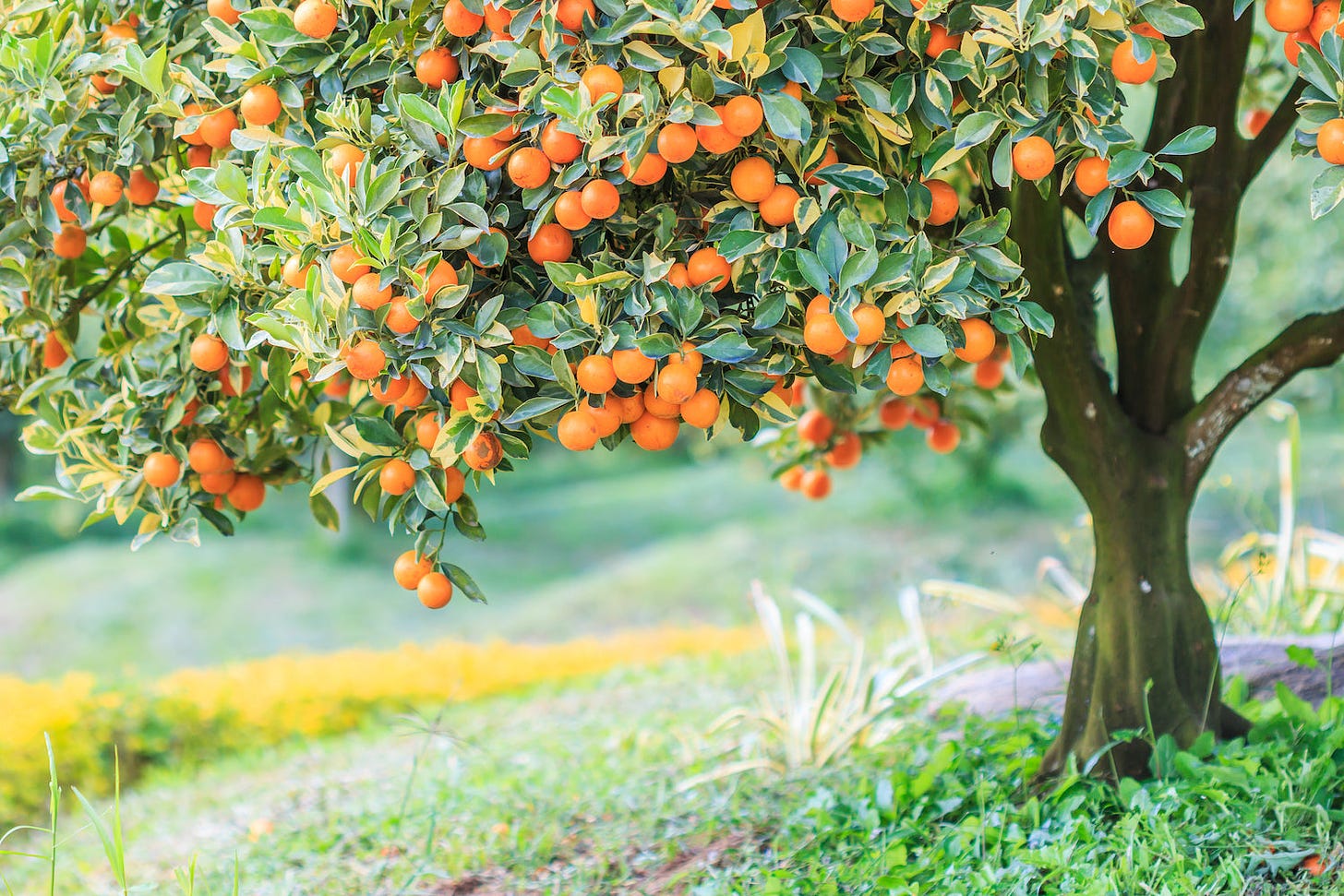Welcome to a new XL series exploring the biggest ideas of life through the wisdom of the Torah in a sort of quest through question.
This series will be following a trail we are blazing in a parallel podcast 🎙️ I am doing with my dear friend Kevin Aserraf called “From the Source,” which I encourage you to check out, subscribe to, comment on and share. Here’s the first episode — please listen and join the journey!
When I was a kid, it once struck me on a long car ride that I was expected to work hard in high school so that I could get good grades, so that I could get into a good college, so that I could get a good first job…in order to eventually get a great job, which would pay me enough to be able to pay for my kids to go to college, and do the same thing themselves.
I asked my dad what the point of it all was, and although I didn’t understand his answer at the time, it got me to stop bugging him with the question for a while. The subconscious existential angst, however, did not go away, and eventually led me to the quarter-life crisis that took me to Jerusalem to study Torah for six years, and become a rabbi, trying to stimulate other young people to avoid midlife crises by having quarter-life crises instead.
What is the purpose of life?
What does it look like to live life with purpose — on purpose — in a way that doesn’t lead to this circular paradox?
The classic Torah metaphor to explain this classic philosophical dilemma is the image of a fruit tree.
What is the purpose of a fruit tree?
From our perspective, it would seem that the purpose of a fruit tree is to make fruit for us to eat. But from the tree’s perspective, its purpose is to make fruit that carry seeds, in order for it to reproduce itself.
The purpose of produce is to reproduce. The sweeter and more attractive the fruit, the more likely it will be eaten by humans or animals, and its seeds will successfully germinate and grow somewhere else.
The problem is: if a tree’s purpose is to make fruit, and its fruit’s purpose is to make trees, then, isn’t there no real purpose at all?!
Do you see how this is not very different from the quarter-life crisis of meaning of a college-aged student, or the mid-life crisis of a middle-aged adult?
This dilemma will rear its head whenever purpose is some far off goal. If my goal is to get some job in the future, or become famous, or have X amount of money, or get married, or have kids, the question immediately arises: what will then be the purpose of that job, or my fame, or that money, or my marriage, or having kids once I make it to that long-awaited future moment?
Is life just meant to be an intrinsically meaningless day-by-day slog until you get to that goal? And will it just go back to that heavy, meaningless slog the day after?
This image of the fruit tree and the questions it raises are featured in the opening of the Torah when God tells the earth to bring forth “fruit trees that make fruit,” and gets instead plain old “trees that make fruit.”
Our experience with fruit trees is like most of our experiences with life. The trees — the process — taste like bark. We grind through our careers, our relationships, our religion because of some promise of a sweet fruit at the end: a raise, a promotion, an intimate encounter, engagement, a wedding, a milestone. But the process to get there? The process tastes like bark.
This was not what God had in mind for us. It’s true — the earth (Adama-אדמה) could only produce trees that taste not much better than the dirt they grow from, but human beings (Adam-אדם) are capable of finding meaning and enjoyment in the process. For us, the tree itself is meant to be a fruit: “fruit trees that make fruit,”
If I’m desperate for that promotion at work, telling myself that I’ll be happy when I get that higher pay for that more prestigious role, I may be happy when I finally get it, but how will I feel once it becomes the new normal?
Meaning must be found in every moment or else it reduces to absurdity.
Waiting for life to be meaningful some day in the future, is just kicking the can down the road. The question will come back the day after that day — and it will come back with a vengeance.
If I can’t don’t intrinsically enjoy the day to day of my job, my relationship, my life today, what makes me think I’m going to enjoy my job, relationship or life in the future?
Living life on purpose is living life with joy. Not a fleeting joy, and perhaps not always jumping for joy, but a joy that fills our days. We do what we love because we love it. When we get to those milestones — the fruit at the ends of the branches — we celebrate them. But we know that those fruit are only as meaningful as the trees they sprout.






